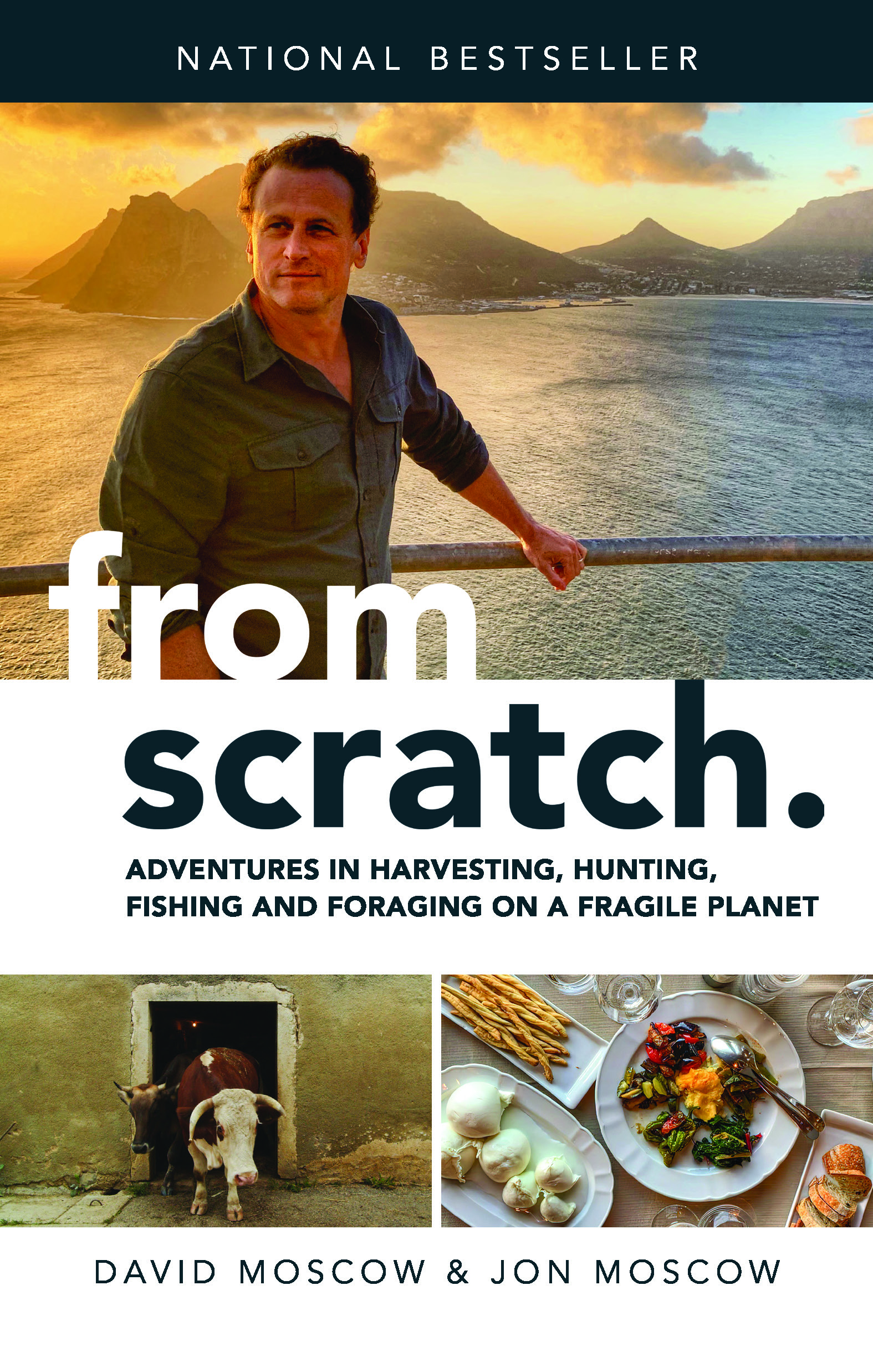This is a thought provoking and inspiring exploration of the food we eat, the complexities of the production processes to bring it to our tables, and its sustainability. It also looks at a number of the factors at play including cultural, environmental and political, as well as the demands of a rapidly growing population.
The author during his travels and his foraging missions around the world, shares the fascinating history of the people, the land and food sources available and current day challenges. He also introduces us to extraordinary people making a difference in terms conservation, food production and the provision of water to their local and wider communities, but also raises serious questions about the future.
For crops to grow water is essential, but on the island of Malta, will their efforts to manage the limited water supply be put at risk by the over building and massive increase in population, complacency, swimming pools and a possible rise in sea water?
As the number of those hunting for their food declines in the United States will the funding for essential conservation projects dry up? And is ethical and responsible hunting for food, more humane than mass farming, where animal welfare is not necessarily part of the process?
The book is also highly entertaining, as the reader becomes the spectator, watching the author sourcing the ingredients to create specific meals suggested by his award winning guest chefs. Not an easy task for the film crew following him by any means. For example being waist deep in a river to farm oysters, searching for allusive octopus in Malta, hunting wild boar in Texas and fishing for cigar fish in the South China Sea.
In Kenya there is the search for the sausage tree fruit accompanied with laughing hyenas at dawn and innovative local regenerative agriculture. Garnished with a lifetime inspirational interview with Richard Leakey.
Certainly heading in search of the best pizza in the world resulted in an interesting encounter with a mozzarella maker, having first milked an unwilling water buffalo by hand, then a search for ancient wheat, tomatoes and anchovies.
Many of the ingredients featured, are ones we usually take for granted, and do not necessarily prepare to make the most of their taste or nutritional value. The chapters are an eye-opener and inspiration to regard our food in a far more mindful manner.
There are some wonderful recipes created by the exceptional chefs that prompted this search for ingredients at the back of the book, offering an opportunity to put this mindfulness to good use.
Moscow believes this exploration of how different cultures grow, harvest and prepare their produce is an important part of becoming closer to the food we eat. In contrast to the distance and lack of appreciation for the food production process imposed by shrink wrapped steaks from the supermarket. It also instils an appreciation for the millions of workers who make a living putting food on our plates, often putting their lives in danger in the process every day.
The message I took from this remarkable book is that there is hope for the future of our planet, but there needs to be more action taken to preserve and to find innovative ways to grow the food we need now, and in the future. We have to start taking an individual and collective responsibility to ensure the long term viability of the food providing our nutritional needs.
I highly recommend this book to everyone who wants to have a clearer understanding of the complexities, sustainability and also the wonders of the food on our plates, and also enjoy an adventure story set in some of the more remote and less visited parts of the world.

